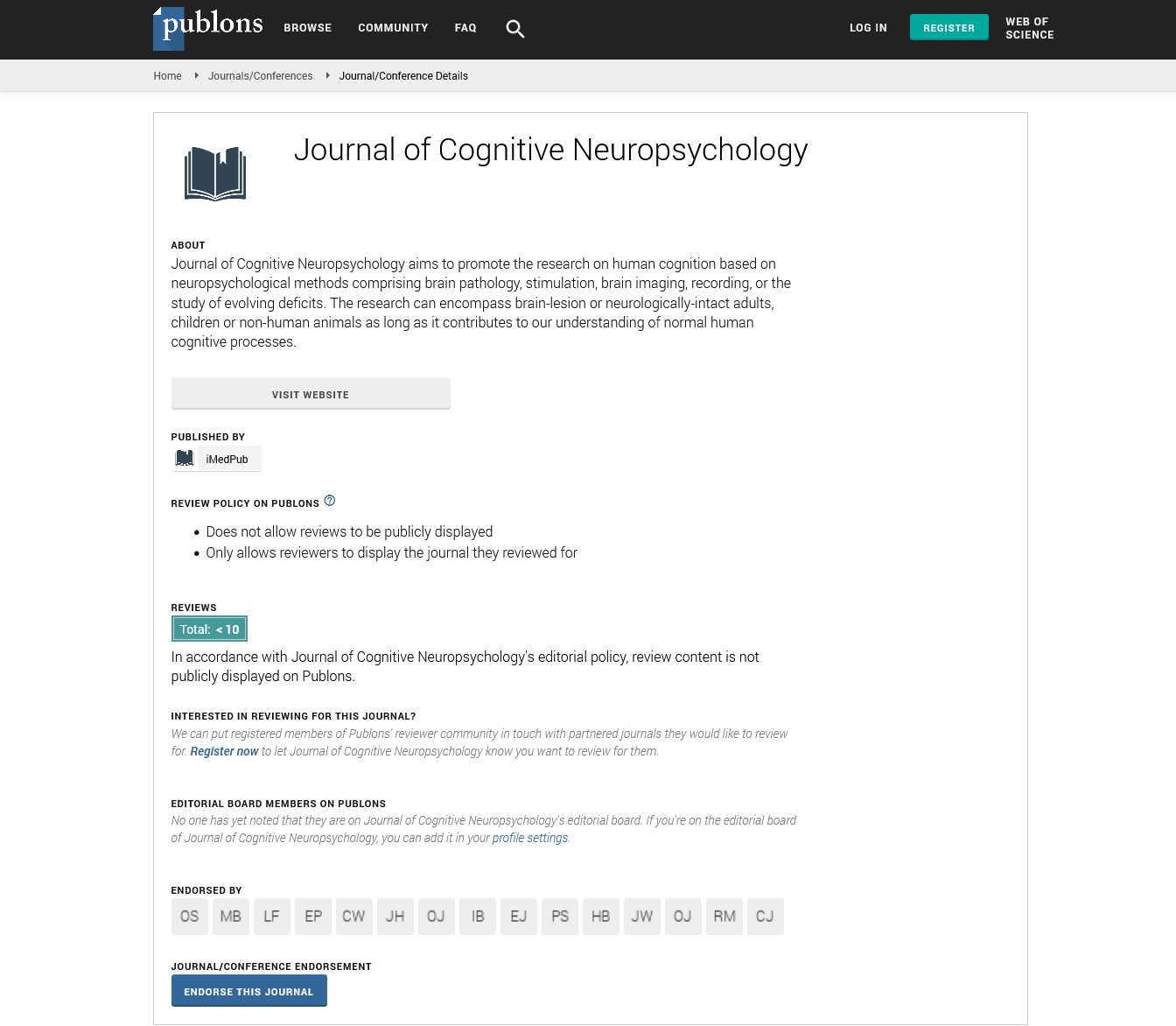Abstract
Mental Health 2020: An ecological approach to mental health promotion in learning and care communities - Imagine Inclusion, UK
In this research we gained the views of adolescents about mental health promotion in secondary schools in England, the UK. A liable design, using self-contained focus group methodology explored views of 26 adolescents. There exists a absence of research literature devoted to informing mental health practice in rural areas. However, what brief research that does exist surrounding children’s mental wellness in rural places describes mental health programs as being smaller, under-served versions of their urban counterparts (National Association for Rural Mental Health, 2001). Mental health co-partnership in rural areas is a clear need and an ongoing challenge. This study aims to report these concerns by reviewing relevant theories, analyzing one rural community’s mental health needs, and identifying next steps in mental health service delivery for this community. A funnel approach structured five focus groups, each consisting of between three and eight adolescents. Semi-structured questions were asked in an informal, child-centred environment Mental health collaboration in rural areas is a clear need and an ongoing
challenge. However, there has been a dearth in the research literature devoted to informing mental health practice in rural areas. This study aims to address this gap by reviewing relevant theories, analyzing one rural community’s mental health needs, and applying relevant literature. A constructivist grounded theory analysis enabled categories and theory to emerge. Theoretical concepts were mapped onto an ecosystems model (Bronfenbrenner, 1979, The ecology of human development: Experiments by nature and design, Cambridge, MA: Harvard University Press) resulting in an ecological framework for mental health promotion in school communities working at three levels: Macro, Meso and Micro. The research concludes that for schools to promote mental health, society and school communities need to provide active listening cultures and an inclusive ethos to embrace mental health promotion. A need arises for adults to have knowledge and understanding of child and adolescent development, identity and the importance of relationships.
Author(s): Hermione Aston
Abstract | PDF
Share This Article
Google Scholar citation report
Citations : 8
Journal of Cognitive Neuropsychology received 8 citations as per Google Scholar report
Journal of Cognitive Neuropsychology peer review process verified at publons
Abstracted/Indexed in
- Google Scholar
- Publons
- MIAR
Open Access Journals
- Aquaculture & Veterinary Science
- Chemistry & Chemical Sciences
- Clinical Sciences
- Engineering
- General Science
- Genetics & Molecular Biology
- Health Care & Nursing
- Immunology & Microbiology
- Materials Science
- Mathematics & Physics
- Medical Sciences
- Neurology & Psychiatry
- Oncology & Cancer Science
- Pharmaceutical Sciences
